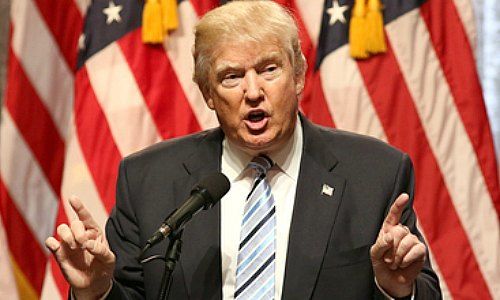Switzerland is taking China's place on one of U.S. President Donald Trump’s negative lists. This is mainly due to the monetary policy of the Swiss National Bank and there’s scant hope for respite.
The U.S. Treasury has put Switzerland back on the list of countries it says are manipulating their currencies to the detriment of the U.S. China by contrast has been removed from the list, a move that's linked to the sealing of a trade agreement between Donald Trump’s government and China.
Interventions to Prevent Franc Surge
The move by the U.S. Treasury comes as the Swiss National Bank (SNB) was forced to make a series of interventions on the currency market to prevent the franc from appreciating against the dollar and the euro. The SNB has repeatedly said that interventions on the currency market are a viable instrument to counteract the safe-haven function of the franc, a commitment reinforced in the December statement on monetary policy.
Meanwhile, the franc has risen again and is currently trading at around 1.08 per euro. The exchange rate is far more important for the SNB than the list of the U.S. Treasury and nobody would be surprised to see further interventions to stop the recent rise of the franc.
Fiscal Stimulus?
A strong franc is hampering the country’s export industry and threatens jobs. It also lowers import prices and contributes to deflationary pressures. As the SNB has kept interest rates below zero for the past five years, it has little room to further ease monetary policy, something that may be required in case of deflation.
The U.S. argues that Switzerland has both a large trade and current account surplus. The treasury experts say that Switzerland ought to exploit its fiscal room to stimulate the domestic economy instead of relying on monetary interventions.






























